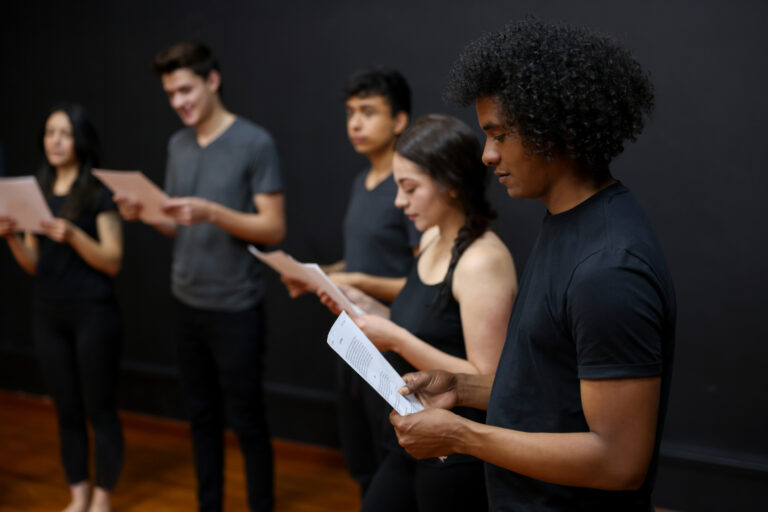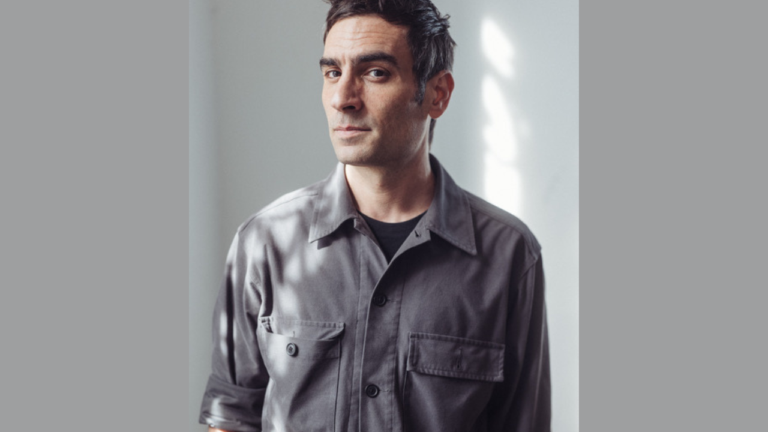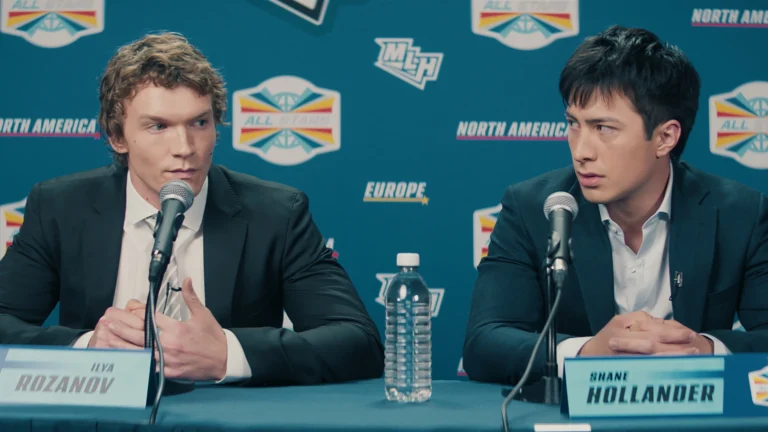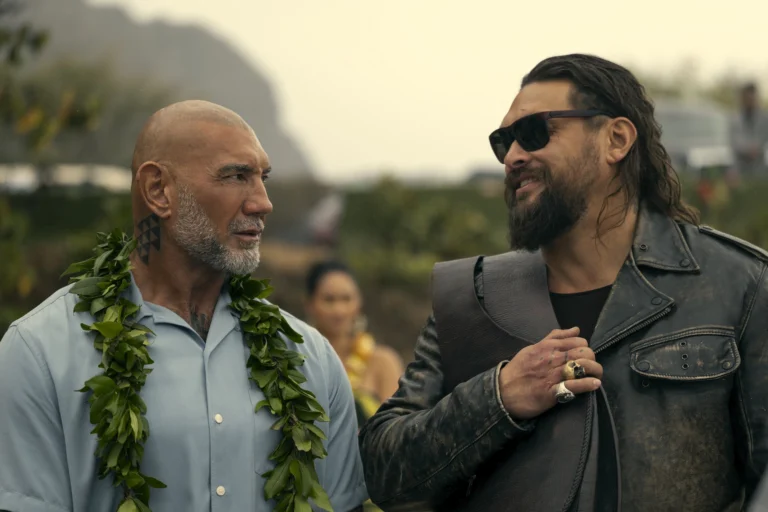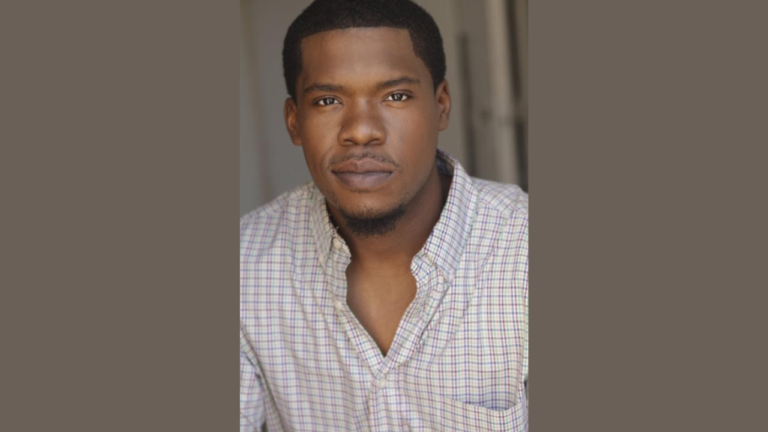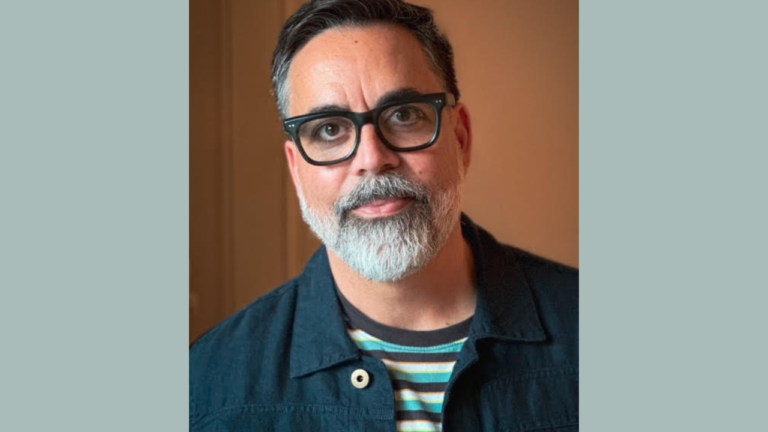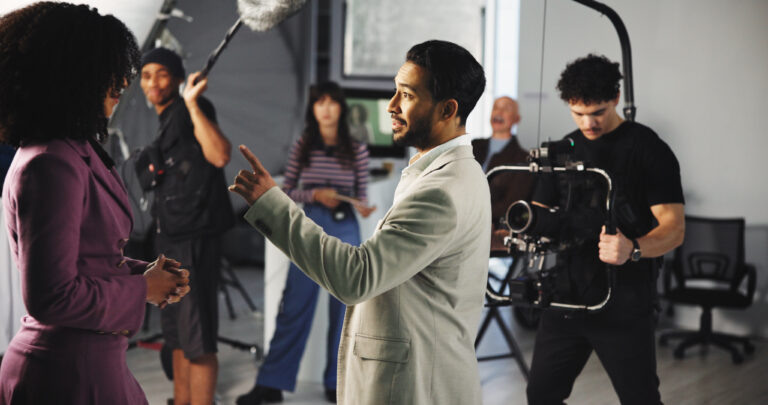Liz Lewis has carved out a distinguished career as a casting director across film, television and commercials. Twice nominated for the CSA’s Artios Award, she is especially known for her work on Hallmark movies and indie films, including the upcoming Waltzing with Brando. Hereshe reflects on her path from performer to casting director, her approach to discovering talent and her advice for actors navigating today’s audition process.
Insights From Liz Lewis
- Liz Lewis transitioned from acting to casting early in her career, discovering her innate gift for spotting untapped talent and guiding actors to their best performances.
- She has built a reputation in commercials and Hallmark films
- Her latest project Waltzing with Brando showcases her ability to cast real-life figures with uncanny precision, highlighted by Billy Zane’s transformation into Marlon Brando.
A lot of casting directors started as actors, but they all had that moment of epiphany when they knew they’d rather be behind the camera than in front of it. When was that moment for you?
I think working for Claire in those first six months, I felt that I had something different. I felt that there was a kindred spirit in me that wanted to see people be successful and book a job. I felt comfortable. The first time I got to direct someone, I felt that that was my space, that was my calling. As I grew into what I am, when I started my business, I would pinch myself sometimes [and think], “Wow, I’m in New York, the best place you could imagine, and I’m doing something that I really love.” I love going to work every day, I love interacting with actors, and it’s such a social thing. I mean, I can talk to anybody, anywhere, about anything, anytime, and I think that’s part of what made me good at what I do, or comfortable in my own shoes doing what I do. I think that is a big help.
How does that manifest in the way you do your work?
I think that in the years that I’ve been doing this, I’ve come to a very comfortable space where I can give the new people advice and know where I’m coming from, and even people who are celebrities ask me for advice. I’m seasoned enough to know that it’s always about us needing them, because if we don’t find the right people, we don’t look good. There’s so many chances that I’m so happy to have given people, because nobody would have known who they were if I didn’t.
One of the things I think that’s really interesting about your career is how much work you do for the Hallmark Channel. There’s a stigma to those films, but literally millions of people are addicted to them, including my mother-in-law.
There’s always been a stigma, because everything’s nice, you know? Honestly, don’t you want to feel good in this environment we’re in? These movies are joyful, and they’re fun to work on. It was like commercials. If you were casting commercials, you were low on the totem pole. But now, every celebrity wants to do a commercial. The money’s good, it’s quick, and they get to go home at the end of the day. But Hallmark is like a family, and once you get working with them, it’s a warm, comfortable place. They treat you as somebody that really knows the people that belong in these projects.
Let’s talk about Waltzing with Brando. I’m always fascinated by movies like this, where the characters are real people. You had to cast Francis Ford Coppola and Maria Schneider and Brando himself. I’m curious about the challenge of that kind of thing.
We did a big search for Coppola. It helped that it’s an independent that was funded. This movie delves so much into things that nobody knows about Brando, about what he did outside the acting world. The minute I read it, I wanted to do it. People are going to go nuts when they see it. It’s pretty brilliant.
If someone were to ask me to name a current actor who I would want to see playing Brando, Billy Zane would literally be the first person to come to mind.
It’s so uncanny that you can’t tell the difference between the two! He’s such a brilliant actor and obviously there’s the makeup and all that, but he just got Brando. I hope that this becomes … not a comeback, but something bigger for him because of it. We got such a big plug on the Today Show. They did a quick story of Naomi Watts playing Jacqueline Onassis, somebody else, and they left Brando to the end, and nobody could figure out who was playing him. If you put the two side by side, you can’t even tell. It would be great for people to look at him in a new way.
What piece of advice or wisdom would you give to an actor coming in to see you?
Know what you’re there to do. You go into the room. If you’re very prepared, you’re able to listen to adjustments. Sometimes people don’t listen to the adjustments because they’re so nervous. Everybody gets nervous. A lot of times I talk to people about things before we even get started, because it’s a relaxing mechanism, and if you’re really prepared, you’re open to hear changes, small changes, things like that. A lot of times, if it’s a first time, I’ll ask all kinds of other questions that have nothing to do with the audition. Who they are, where they’re from, family, what are some of their hobbies, and these things relax [them]. Everybody is worried about making a mistake.
Now that things are more on Zoom for the first go around, sometimes we do interviews first. Sometimes, it’s a self tape where we leave Zoom open for people to come and ask questions. I think that’s really important right now, with the way the business has changed, to give you additional direction or something, for people to use it. Oh, my God, it’s such a help. Sometimes I have people read and give them adjustments, and then, when they go do their self tape, they do a better read. I’ve always loved to help everybody do their best work.
Final Takeaways
- Preparation matters: Actors who enter auditions well-prepared and open to adjustments stand out the most.
- Casting is collaborative: Lewis emphasizes that casting directors need actors as much as actors need them, making mutual respect crucial.
- Stigmas fade: Genres once dismissed, like commercials and Hallmark films, have become both lucrative and beloved, proving the importance of adaptability in the industry.
You may also like:
- ‘Summer Camp’ Casting Director Karlie Loland-Ringer Talks Manifesting Her Casting Career, Working With the Hallmark Channel
- Typecasting: A Comprehensive Guide for Actors
- Success Story: John Adewumi on Booking Lee Jeans and Getting Representation Through Casting Networks

